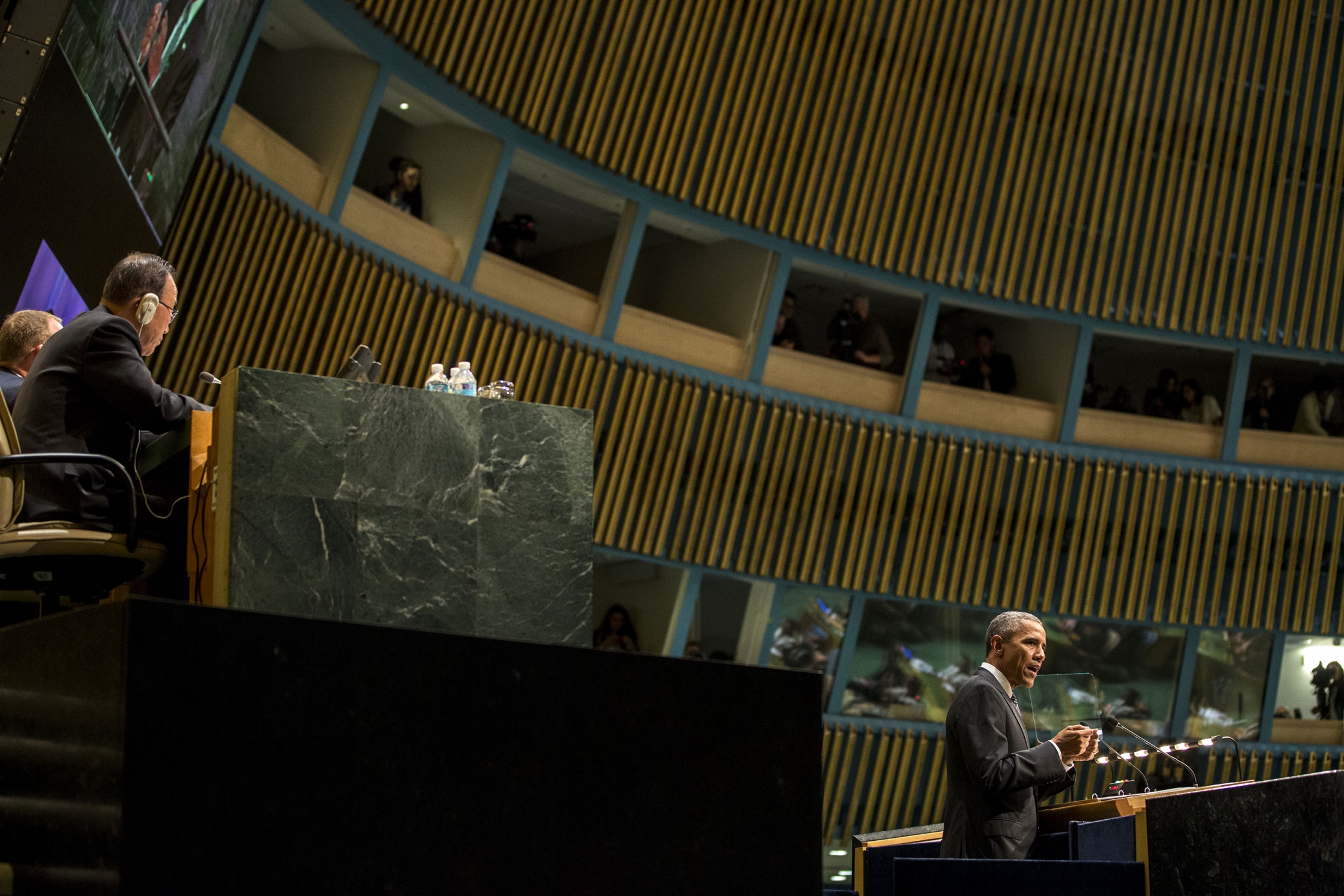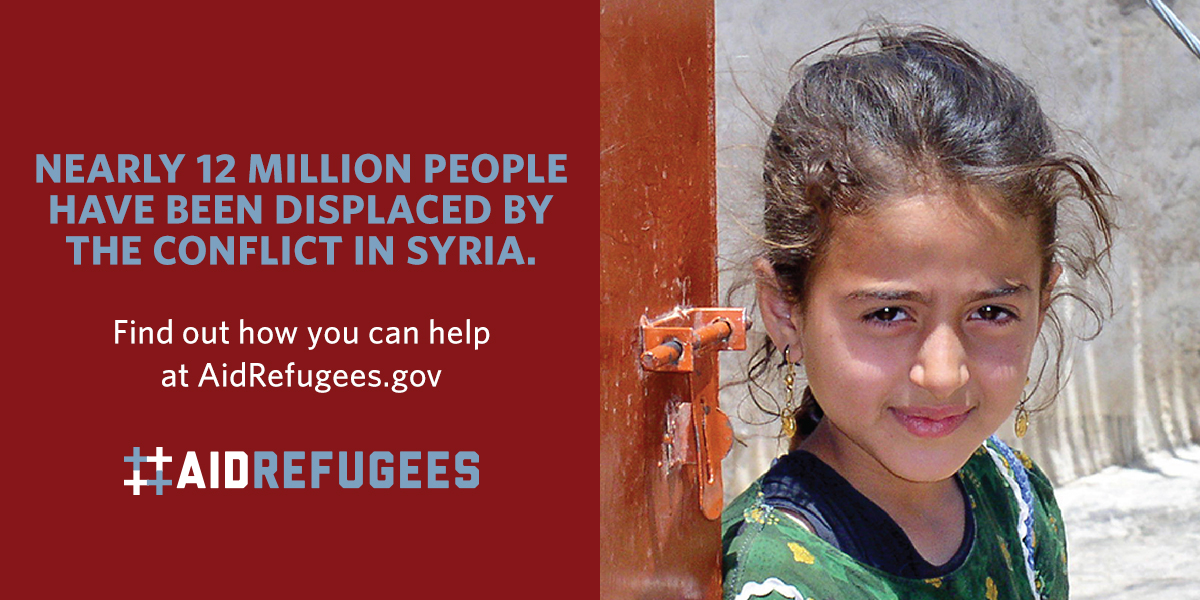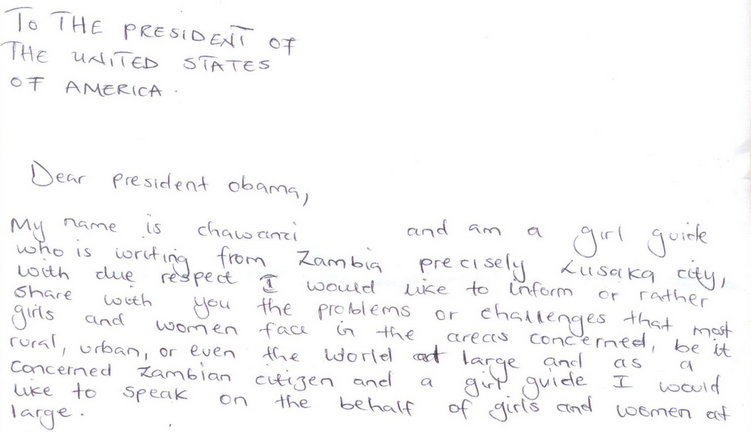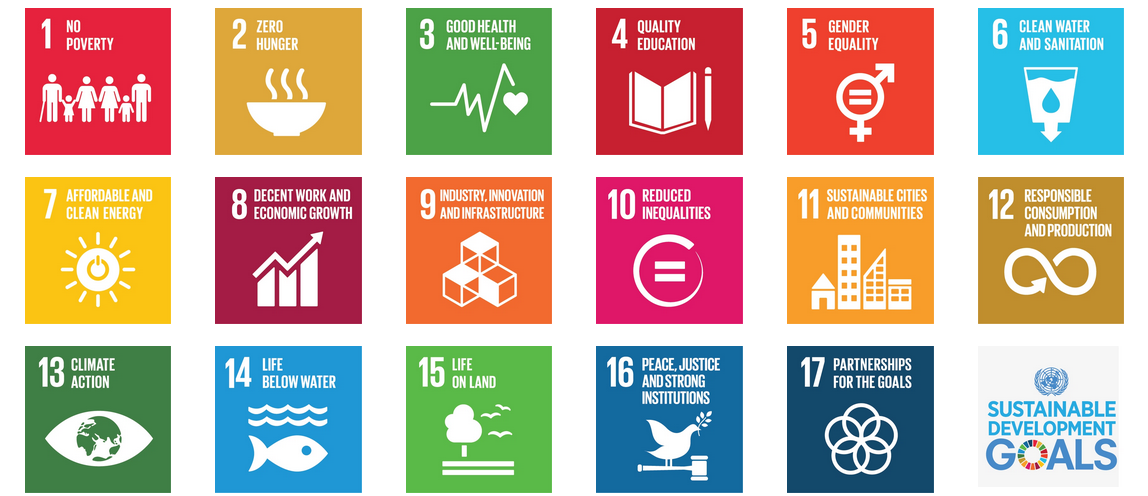
“The people of our United Nations are not as different as they are told. They can be made to fear, they can be taught to hate, but they also respond to hope. History is littered with the failure of false prophets and fallen empires who insisted that might makes right, and that will continue to be the case. You can count on that. But we are called upon to offer a different leadership - leadership strong enough to recognize that nations share common interests and people share a common humanity.”President Barack Obama
Why Diplomacy Matters – 70 Years of the United Nations

In 1945, after two world wars had laid waste to lands and people across the globe, forty-five nations gathered together in San Francisco to find a new way forward – one that made resolution between countries possible without resorting to violence. They committed to “save succeeding generations from the scourge of war, to “promote social progress and better standards of life in larger freedom.”
From that pledge was born the Charter of the United Nations – an international institution dedicated to international security and an enduring symbol of a simple idea: We, as people, can always find a way to ensure the dignity and worth of human life.
Seventy years later, that mission remains an ever-important guide in our path to a more peaceful world. Todays’ conflicts are numerous and they are chronic – and every nation with the power and capacity to address these issues have an equal obligation to work together to do so effectively.
That is what diplomacy is: Using the influence we have to resolve conflicts, protect the most vulnerable among us, and strengthen international cooperation in the pursuit of peace.
This week, President Obama is headed to the United Nations General Assembly (UNGA) to convene with other world leaders on how we can do just that.
From renewing sustainable development goals to combating violent extremism, here’s what the President is doing at this year’s UNGA:
Sunday, September 27:
- Speak at the closing session of the Summit to adopt the 2030 Agenda for Sustainable Development. Watch the video
- Hold a bilateral meeting with Prime Minister Narendra Modi of India. Watch the video
Monday, September 28:
- Speak at the Opening Session of the 70th United Nations General Assembly. Watch the video
- Deliver remarks at the UN Peacekeeping Summit. Watch the video
- Hold a bilateral meeting with President Vladimir Putin
Tuesday, September 29:
- Speak at the Leaders’ Summit on Countering ISIL and Violent Extremism. Watch live
- Hold a bilateral meeting with President Raul Castro of Cuba
- Hold a bilateral meeting with President Nursultan Nazarbayev of Kazakhstan
AidRefugees.gov
Read this message from U.S. Ambassador to the UN Samantha Power.
What’s Up At #UNGA
Check out the latest from UN headquarters in New York City:
On my way to NY for Leaders Summit & saw this great blog @USAID on preventing violent extremism and development: https://t.co/o3ym1P6nRP
— Susan Reichle (@SusanReichle) September 29, 2015
ICYMI: The First Lady Launches #62MillionGirls
Today, more than 62 million girls worldwide are out of school. Many of them simply can’t afford the school fees, or the nearest school is miles away, or they just can’t break through the cultural norms and traditions that deem girls unworthy of an education.
That is why the First Lady teamed up with Girl Rising to launch a new education campaign: 62 Million Girls.
In school, I learned how to speak up for myself. #62MillionGirls don't have that chance. http://t.co/xzBLsIl16r –mo pic.twitter.com/lVVkv7vcDD
— The First Lady (@FLOTUS) September 26, 2015
All you have to do is share a photo of yourself on Twitter or Instagram telling the world what you learned in school – something you want 62 million girls to have the opportunity to learn. Make sure you use the hashtag #62MillionGirls and then go to 62MillionGirls.com to see what other people like Stephen Colbert, Misty Copeland, Freida Pinto, and more are sharing and learn why this is a moral crisis that we can help address.
If you don't think young girls around the world understand just how important their own education is, read this letter that Chawanzi – a "girl guide" from Zambia – who wrote to the President about the importance of empowering girls and women with opportunity:
Read the First Lady's message about this campaign and then check out 62MillionGirls.com to learn more.
The Leader's Summit on Countering ISIL and Violent Extremism
At last year’s UNGA, President Obama chaired a session of the United Nations Security Council where UNSCR 2178 was passed, which requires member states to take steps to counter the travel of foreign terrorist fighters, and calls upon them to do more to counter violent extremism. He also called for the creation of a global coalition to counter ISIL, which now has grown to 62 members. This past February in Washington, DC, President Obama hosted the White House Summit on Countering Violent Extremism (CVE) bringing together leaders from national and local governments, civil society, the private sector, and multilateral organizations to develop a whole of society action agenda to counter radicalism and increase community resilience. The Summit launched a global effort, which includes several regional conferences, to produce practical and tangible CVE policies and programmatic outcomes. On the margins of the UNGA 70 General Debate, government and non-government leaders from around the world will meet at the Leaders’ Summit on Countering ISIL and Violent Extremism to report on the steps they have taken to counter ISIL, foreign terrorist fighters, and violent extremism more broadly, and to commit to new and renewed action.
The UN Peacekeeping Summit: #UNGA
In September 2014, more than 30 countries gathered on the margins of UNGA 69 to reaffirm their support for UN peacekeeping operations and offer concrete pledges of assistance. They did so in recognition that UN peacekeeping operations are more critical than ever to international peace and security and to help fill key gaps. But we are at a time where we are asking the UN and these peacekeeping missions to do more in more complex conflicts and these missions are under enormous strain. So this September 28th President Obama, the UN Secretary-General, and several heads of state and government will co-host a summit to convene the leaders of countries that are prepared to make significant, new, and concrete commitments to peacekeeping operations. The summit will also encourage reforms to make UN peacekeeping more effective to complement the parallel effort of the Secretary-General’s High-Level Independent Panel on Peace Operations.
The 2030 Agenda for Sustainable Development: #GlobalGoals
In September of 2000, the largest gathering of world leaders came together to declare something entirely new: Together, we would form a new global partnership to reduce extreme poverty through clear cut, time-bound goals known as the Millennium Development Goals. These goals would be last for 15 years, world leaders would assess how far we’ve come and adopt new, sustainable goals for to build on that progress for the next 15 years.
It’s 2015, and we’ve seen tangible progress on what we set out to do:
- The global share of people living on less than $1.25 per day has been slashed by more than two-thirds since 1990;
- We have reached gender parity in primary-school enrollment, and the worldwide number of out-of-school children has been cut nearly in half;
- The rate of child mortality has been more than halved, and the proportion of malnourished children has fallen by nearly as much;
- 2.6 billion people gained access to clean drinking water;
- Every continent has seen extraordinary gains – individual incomes have grown by more than one-third, at least, in every region of the developing world.
This week, President Obama is joining other world leaders to adopt new global goals which set out a global development vision and priorities for the next 15 years. This is a pivotal year for global development, in which the United States is joining countries around the world in pledging to leave no one behind based on the fundamental premise that societies are far more likely to secure lasting growth if all individuals have greater access to economic and political opportunities.
Check out the 17 new goals for sustainable development and how they will help end poverty, protect the planet, and ensure prosperity for all:





